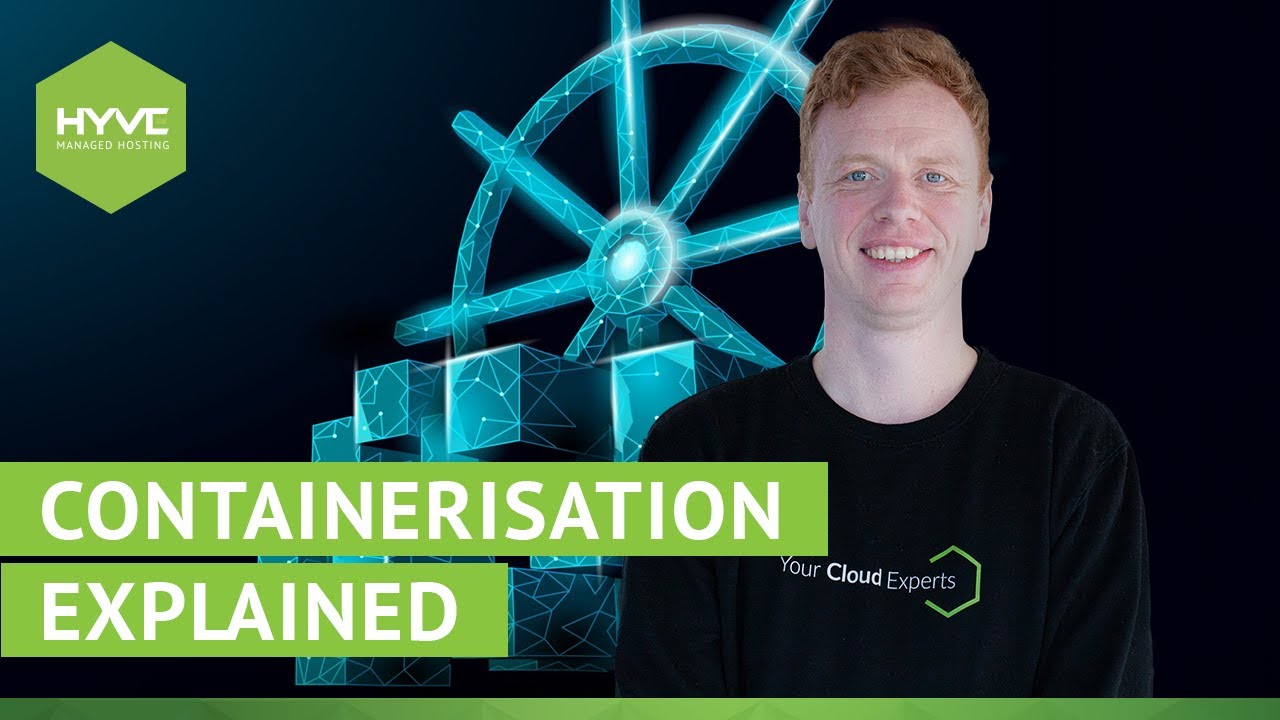Containers are used in all types of computing environments, including on-premise and cloud infrastructure, and their use is only expected to grow. In 2021, the global container technology market was valued at USD 496.4 million, and is expected to grow to USD 3123.42 million by 2031, a compound annual growth rate of 19.8% (Business Research Insights). In this article we are exploring what containers are, and why they are so widely used.
What are containers?
Containers are units of software that package code and its dependencies, allowing application code to be separated from its environment so that it can be run anywhere – be it a desktop or in the cloud.
This separation allows container-based applications to be deployed consistently with ease, whether the target environment is in a data centre, public cloud, or a developer’s personal laptop.
The process of creating and using containers is called containerisation.
Containerisation platforms such as Docker provide a way to create and deploy containers, while tools such as Kubernetes can be used to manage multiple containerised workloads at scale.
Containers vs VMs
Containers are often compared with virtual machines (VMs). Although both technologies have similar uses, there are differences in how they function.
VMs work with a guest OS such as Windows or Linux running on top of a host OS with virtualized access to the hardware. This process of virtualisation is managed through a hypervisor.
Instead of virtualizing the underlying hardware, containers virtualise the OS, so that each individual container accommodates only the application and its libraries and dependencies, with no guest OS. This makes containers lightweight and portable.
Containers and VMs are not mutually exclusive – an organisation could choose to use both technologies in their infrastructure for different purposes.
What are Containers?

Why are containers useful?
Containers are able to operate with the minimum amount of resources to perform the task they were designed for with the absence of the guest OS. This makes containers far more lightweight, portable and faster than VMs for developers and IT teams to work with.
Cloud containers are designed to give developers the ability to create predictable environments that are isolated from other applications. This isolation is beneficial if anything goes wrong in the container, as it will only affect the individual container rather than the whole VM or server.
Container platforms – Docker vs Kubernetes
Docker is the most widely-used open-source platform, which is generally considered to have put containerisation on the map. Docker’s competitors include AWS ECS/EKS, rkt and OpenVZ, but Docker remains the market leader.
The platform works by creating images of software programs and applications and packing them into Docker containers, which include all the parts the program needs in order to run correctly. The Docker platform contains a special OS that the containers run on, but this is not the same as a normal OS – it is a much lighter option, making it more portable and easier to work with.
Whilst Docker began the packaging and distributing of containerized applications, it highlighted a problem – how would the containers be scheduled, coordinated, or upgraded without interruption of service?
Therefore, solutions for organising containers began to surface, such as Kubernetes, a container orchestrator developed and introduced by Google in 2014. Now maintained as an open-source system by a worldwide community of contributors, it quickly became the market leader and the standardised means of deploying distributed applications.
Interested in learning more about our container platforms?
Our cloud experts are certified in the use of Docker and Kubernetes, and can support you to build the ideal platform for your business. We can arrange an initial consultation to discuss your needs – fill out our contact form and one of our cloud experts will be in touch.






